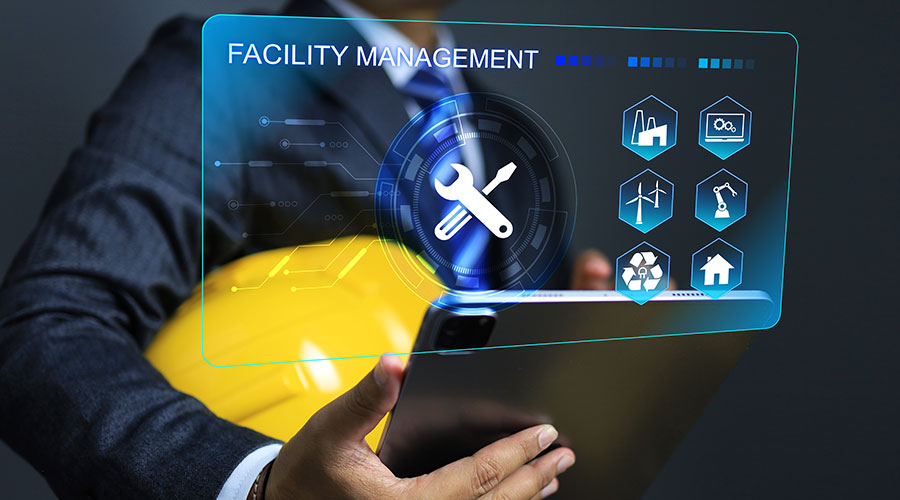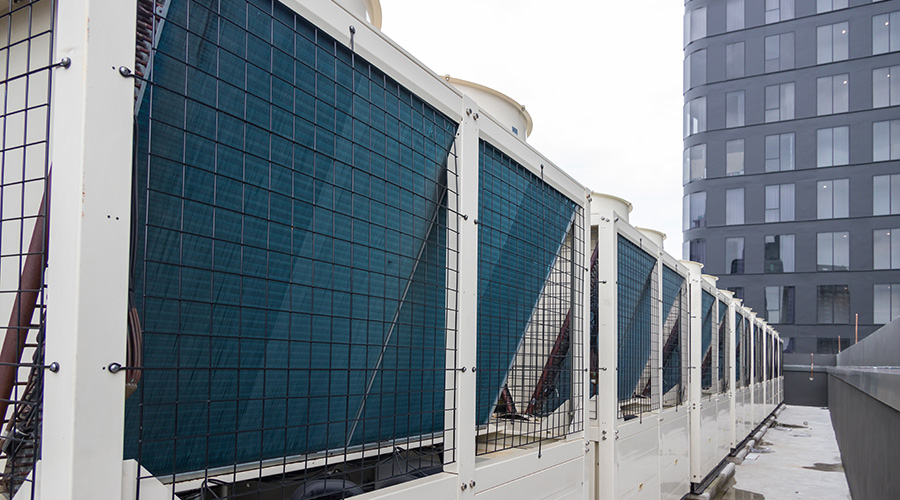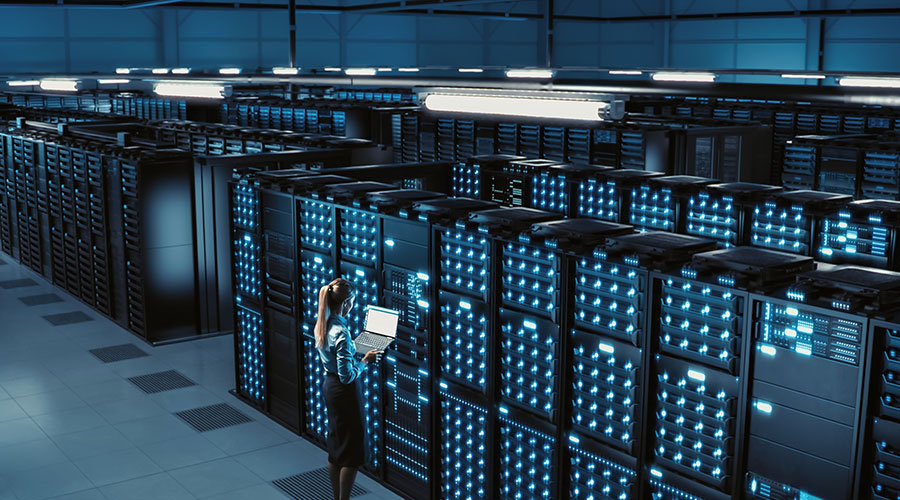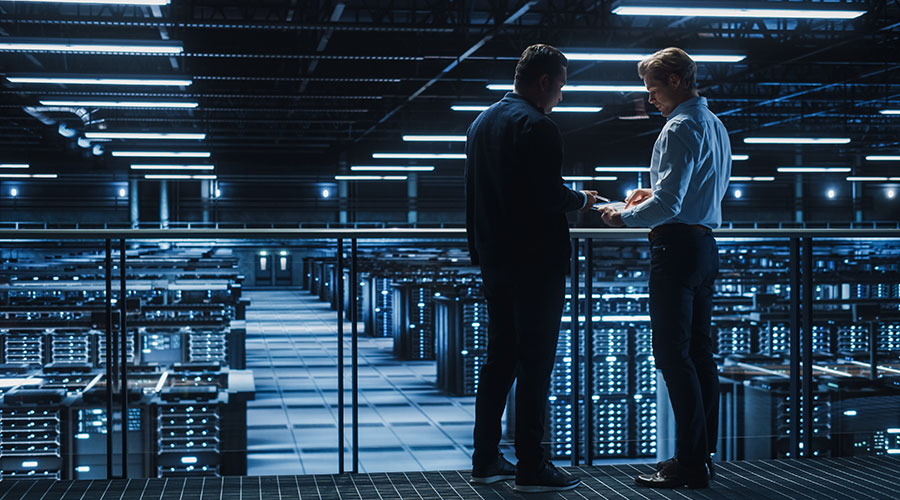Fire Safety and Prevention in Data Centers
Preventing a fire is crucial in a data center. Here are some steps to consider:
• Take care with flammable materials. It may seem obvious that the first line of defense in fire safety is to ensure that the data center is properly maintained and free of hazards. According to Kevin J. McCarthy, Sr., vice president of EDG2, however, there is a "general lack of appreciation of all the things that could fuel a fire."
McCarthy says he recommends that a data center have a "breakdown room," where all boxes are removed from equipment before it is loaded on racks and carried into the data center. Where multiple clients are housing infrastructure in a large data complex, fire safety policies are important, says Robert Glavan, vice president of data center operations, Red Sea Group/Server Farm Realty. What the client brings into the data center — what they build, add or replace — can create a fire hazard, if it comes in a box or is wrapped in plastic. "A lot of co-location centers provide a staging area where you can strip cardboard, plastic and foam," he says.
"You must have strict policies that are enforced — no flammable material in the data center," Glavan says. "Operationally, every procedure should have a fire safety factor. For example, there should be an IT procedure to replace a board on a piece of equipment which says ‘remove the cardboard and plastic before taking the equipment into the data center.' If there is no procedure to do something in the data center, then the procedure is not to proceed. There should be no ad-libbing."
Glavan also says that anything that is required in the power room or data center that is flammable should be in fire-retardant boxes or cabinets. Glavan recommends that security tour the facility every few hours or a least a few times per shift to make sure that nothing is amiss.
• Regular inspection and service. Another important strategy is to do regular inspections and servicing of all fire-fighting systems and equipment to ensure they are operational.
• Consider multiple power rooms. Most data centers have one large power room that houses electrical buses. There may be three primary buses, which includes a "catcher bus" if one of the buses fails. One problem, says Glavan, is that a discharge of water will shut down the entire room. What's more if there is a smoke condition, the fire fighter will tell the facility manager to shut down the entire power room and thus the data center. Glavan recommends a design where each bus would be in its own room, along with its own EPO (emergency power off) switch. An additional three rooms would house the uninterruptible power supply (UPS) system for each of the buses. "This design is uncommon," Glavan says, but his company uses it for all newly built data centers.
• Keep up with changes in the facility. "People will sometimes remodel a space and not consider the effects on an original fire-safety design," Transue says. "If you have a clean agent system with nozzles properly spaced and located for the shape of the room, and someone comes along and does floor to ceiling partitions to divide the room, the configuration has changed." The result could be over- or under-concentration of a gaseous agent on either side of a divide.
As more sophisticated computer equipment comes on the market and requires even more cooling, additional systems may also be added to channel cold air to the equipment.
"Large diameter hoses or solid screens to guide air have an effect on the discharge pattern of pre-action sprinkler systems and gaseous fire-suppression agents," says Transue. Such modifications can enclose an aisle between equipment so cold air has to blow through equipment cabinets in order to get out, but that same procedure can also prevent a fire suppression agent from getting into the cabinets. Thus, it is important to consider the impact of next generation cooling systems on the original fire-safety design of a facility.
• Be prepared for the worst. Any fire-safety plan must include the local fire department, which should be familiar with the building or data center. The more the fire department understands about the data center, the less likely it will come in with hoses drawn.
Maryellen Lo Bosco is an Asheville, N.C.-based freelance writer who covers the facility market.
Related Topics:













